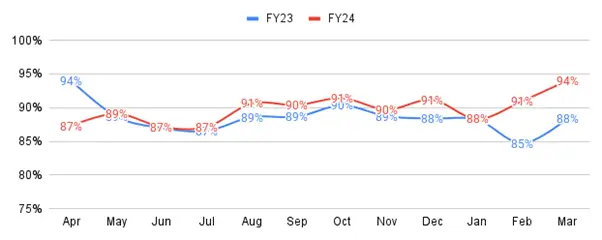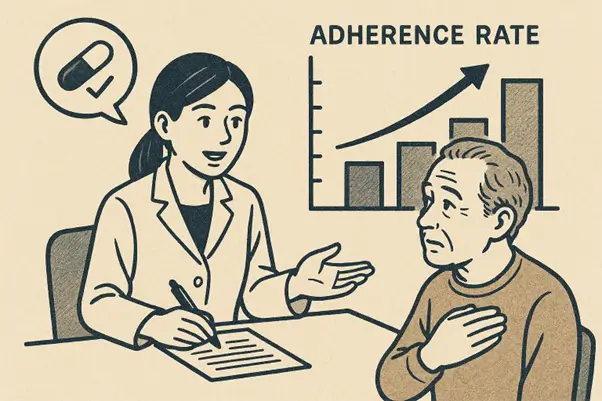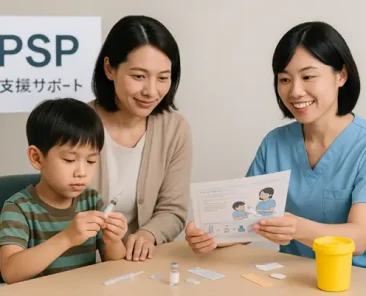In the field of chronic diseases and special treatments, patient adherence rate is a key indicator that affects treatment outcomes and patient prognosis, and the intervention and care of professional health teachers through patient support programs (PSPs) has gradually become an important strategy to improve the quality of medical care.
Taking the patient support plan of a biologics provided by a strategic consultant as an example, through the systematic health teacher service, to help patients understand the importance of treatment, accompany them on the treatment journey, and establish a stable doctor-patient relationship, the overall doctor’s order compliance rate increased from 89% in the first year of the program (FY23) to 90% in the second year (FY24), showing a steady upward trend.
The chart below shows the level of adherence to medical orders for each month of the biennium:

The chart shows that, except for the data at the beginning of FY23, which was slightly higher due to the fact that the project transfer period has not yet been fully accepted and some patients who have not returned to the clinic have not been included in the statistics, the compliance rate of medical advice in FY24 is generally better than that of the same period of the previous year, indicating that the Company’s patient support strategy has achieved remarkable results.
Factors influencing patient adherence to medical advice
In June and July of the biennium, for example, the number of returning patients decreased due to the high number of physicians going abroad to participate in academic seminars and the closure of some hospitals. In February 2024 (FY23) and January 2025 (FY24), due to the Lunar New Year holidays, patients “medical arrangements were also affected, resulting in low compliance with doctors” orders.
Taking March 2025 as an example, the reasons for the patient’s non-compliance with treatment in that month are analysed as follows:
- 73% were unable to return for personal reasons (e.g., work, family, or emergencies)
- 11% were unable to return to the clinic on time due to pre-examination (failed, under review, or the number of approved needles was reduced)
- 12% of the patients were treated at their own expense and did not return to the clinic, which could not be included in the health teacher service tracking
- 4% were due to adverse events after medication or physician advice to discontinue treatment
Teacher Wei’s intervention model and practical results
In this project, the health teachers actively established contact with the patients at the early stage of the case, carried out health education, follow-up reminders and medication care through regular telephone visits and face-to-face visits, and took the initiative to contact and re-coordinate the consultation time for patients who were unable to return for temporary reasons, so as to avoid treatment interruption affecting the efficacy or recurrence. For patients who are unable to return to the clinic every month due to the reduction of the number of approved doses under health insurance, Prof. Wei will also continue to track their medical conditions, and if the disease recurs due to the extension of the treatment interval, Prof. Wei will take the initiative to assist in discussing the health insurance application mechanism with the physician to restore the approved number of injections so that the patient can continue treatment.
In the future, we will continue to optimize the service process of health teachers through data analysis and quality improvement mechanism, so as to further improve the quality of patient care and treatment effectiveness.




